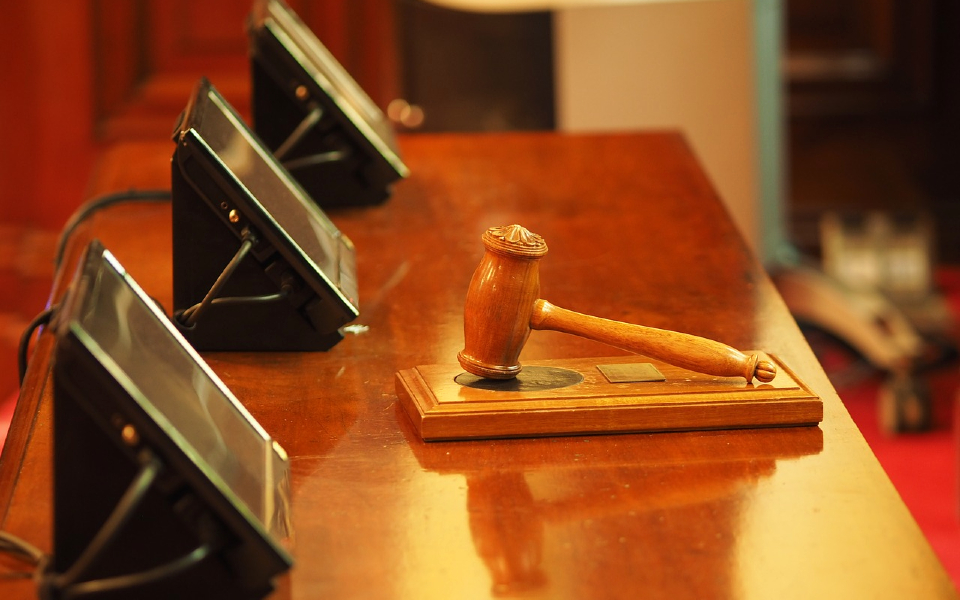The choice of this forum to proceed with the process is due to two reasons: the distance from Portuguese justice to obtain neutrality, and at the same time, the speed of the result. The process is expected to be completed, with a final decision, within one to two years.
The case brought by the Chinese group Haitong against Novopanco – which could amount to 700 million euros – will be decided by an arbitration court under the rules of the Paris Chamber of Commerce, Jornal Economico has learned.
As reported by the Economic Journal, First leg of last Friday's editionThe legal action brought by Haitong Group stemmed from alleged irregularities in the previous BESI sale, with the Chinese accusing Novobanco of omitting information relating to the true status of some companies that were clients of its investment bank.
At the moment, JE understands that Haitong is demanding compensation of €150 million, but the total amount could exceed €700 million, depending on the damages suffered by Haitong related to the issuance of commercial papers by Espírito Santo Internacional and Rioforte, years before the sale, in 2015.
The choice of this forum to proceed with the process is due to two reasons: the distance from Portuguese justice to obtain neutrality, and at the same time, the speed of the result. The process is expected to be completed, with a final decision, within one to two years.
According to the rules, the chairman of the arbitration panel cannot be Portuguese, Chinese or North American (due to the origin of Novbanko's main shareholder, the Lone Star Fund). The lawsuit is filed by Haitong Securities Group.
Regardless of the deadline by which the process will be completed, it represents another legal emergency that Novobanko may have to resolve to pave the way for the IPO that the bank’s management hopes will begin in the coming months. Another is in court, relating to disputes with the settlement fund over amounts recorded in accounts for different years.
According to information gathered by JE, the purchase agreement signed in December 2014 stipulated as a condition that the buyer (Haitong) would immediately bear the economic effects of the credit portfolio. But Haitong is now arguing in court that it was surprised by the situation of some companies that were BESI clients. A more detailed analysis by the Chinese group concluded that some of the credit files in Spain included companies that were in a very difficult situation in October 2014, but were refinanced in December, a few days before the purchase agreement was signed.
Moreover, companies like ALCO, Gebomsa and Imatosgil saw their credit lines extended at BESI even days before the purchase agreement by the Chinese. ALCO is a Spanish group that sells, rents and operates machinery for sectors such as construction and industry. Gebomsa is a Spanish company that operates and rents cement pumping services for large construction projects.
The ImatosGil group is the same one that joined the Spanish company La Seda de Barcelona in 2003, which appeared on the radar of operations. It was considered controversial in the Caixa Geral de Depósitos in the early 2000s, as revealed by the Commission of Inquiry into the Management of the Public Bank.
JE found that the Chinese admitted – at a later stage in the proceeding – to suing Novobanco again for losses (and fines paid) to Haitong Bank in connection with the placement of commercial paper from Espírito Santo Internacional (ESI) years before the sale of BESI and from Rioforte to the bank's branches.
The CMVM accused the group's former directors of providing false information to investors in the issuance of commercial papers by ESI and Rioforte, as well as failing to inform investors of changes to the Espírito Santo Group's organizational chart, which placed Rioforte as the owner of the Espírito Santo Financial Group (ESFG), in which BES participated.
In the lawsuit, Haitong claims that at the time of the BESI purchase, it was not informed of any proceedings related to commercial papers, while in fact there were dozens of pending proceedings, which later led to a class action lawsuit. Currently, the CMVM has ordered Haitong Bank to pay 200,000 euros. But the legal strategy is to open new lawsuits as there are damages related to the operations related to commercial papers, and then assign them to Novobanko, totaling more than $550 million.
At the time of the sale, Novo Banco's CEO was Eduardo Stoke da Cunha (in office between 2014 and 2016). BESI was led by José Maria Ricciardi.
The original news about Haitong's lawsuit was published in the Friday, July 5, issue of the Journal Economico. Clarification has not yet been obtained from official sources at Haitong and Novopanko.

“Wannabe internet buff. Future teen idol. Hardcore zombie guru. Gamer. Avid creator. Entrepreneur. Bacon ninja.”

